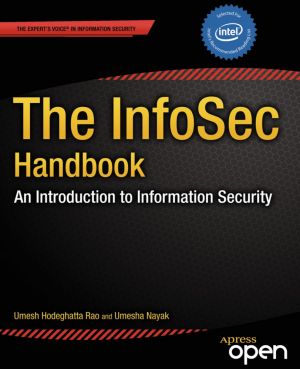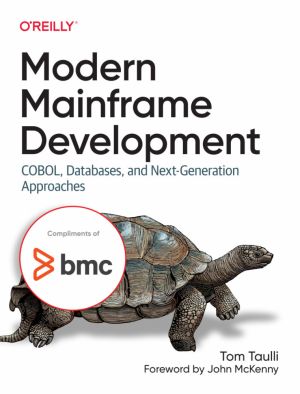Disasters: Core Concepts and Ethical Theories
by Dónal O’Mathúna, Vilius Dranseika, Bert Gordijn
DescriptionDetailsHashtagsReport an issue







Book Description
This book is the first to examine disasters from a multidisciplinary perspective. Justification of actions in the face of disasters requires recourse both to conceptual analysis and ethical traditions. Part 1 of the book contains chapters on how disasters are conceptualized in different academic disciplines relevant to disasters. Part 2 has chapters on how ethical issues that arise in relation to disasters can be addressed from a number of fundamental normative approaches in moral and political philosophy. This book sets the stage for more focused normative debates given that no one book can be completely comprehensive. Providing analysis of core concepts, and with real-world relevance, this book should be of interest to disaster scholars and researchers, those working in ethics and political philosophy, as well as policy makers, humanitarian actors and intergovernmental organizations.This open book is licensed under a Creative Commons License (CC BY). You can download Disasters: Core Concepts and Ethical Theories ebook for free in PDF format (3.4 MB).
Book Details
Title
Disasters: Core Concepts and Ethical Theories
Subject
Philosophy
Publisher
Springer
Published
2018
Pages
245
Edition
1
Language
English
ISBN13
9783319927213
ISBN10
3319927213
ISBN13 Digital
9783319927220
ISBN10 Digital
3319927221
PDF Size
3.4 MB
License

Related Books

This open access report explores the nature and extent of students' misconceptions and misunderstandings related to core concepts in physics and mathematics and physics across grades four, eight and 12. Twenty years of data from the IEA's Trends in International Mathematics and Science Study (TIMSS) and TIMSS Advanced assessments are anal...

Introduction to Philosophy provides an overview of a common range of philosophical topics for a first- or second-year general education philosophy course. It is organized thematically, following the principal categories of academic philosophy (logic, metaphysics, epistemology, theories of value, and history of philosophy). A recurring theme of Intr...

Terms like container and Docker, unknown to Microsoft programmers until now, have recently become essential in technical discussions about the development, distribution, and management of our applications. Containers can solve some of programmers' everyday problems, but a challenge with them is managing their lifecycles and the communication a...

The InfoSec Handbook offers the reader an organized layout of information that is easily read and understood. Allowing beginners to enter the field and understand the key concepts and ideas, while still keeping the experienced readers updated on topics and concepts.
It is intended mainly for beginners to the field of information security, writte...

Even as spending on digital transformation continues to skyrocket, mainframes nevertheless have major advantages for global enterprises. These systems still process huge amounts of information and allow for highly secure transactions. In this practical book, author Tom Taulli shows software developers how to pursue a hybrid approach by integrating ...

Introduction to Financial Mathematics: Concepts and Computational Methods serves as a primer in financial mathematics with a focus on conceptual understanding of models and problem solving. It includes the mathematical background needed for risk management, such as probability theory, optimization, and the like. The goal of the book is to expose th...

